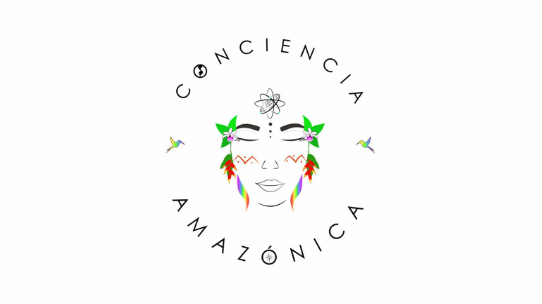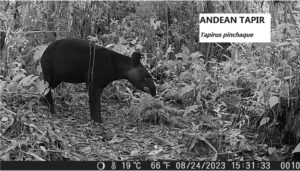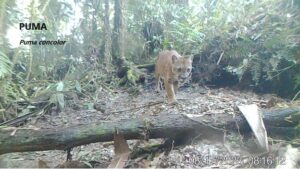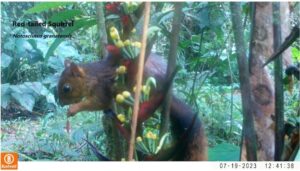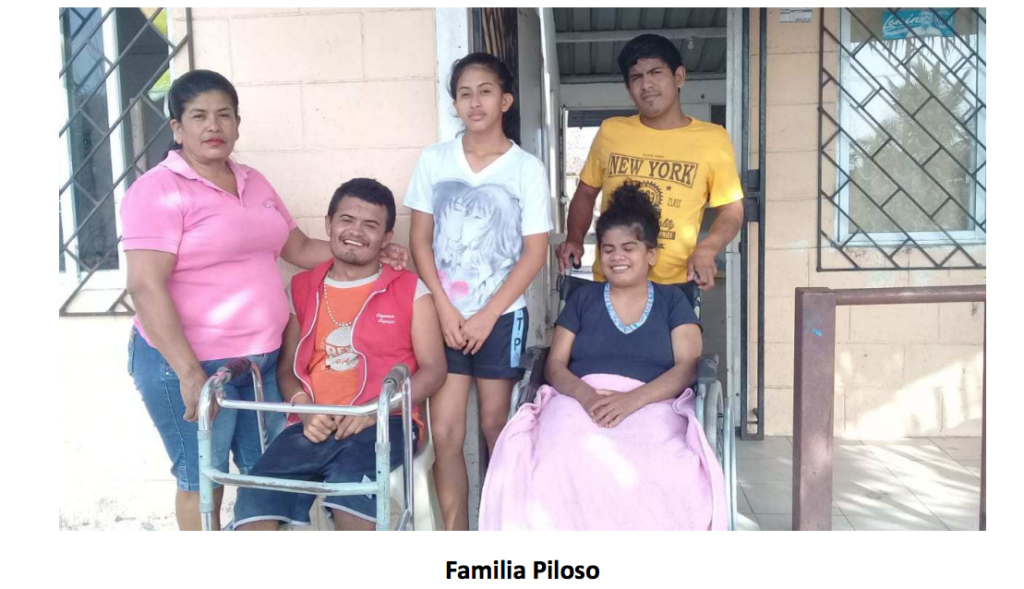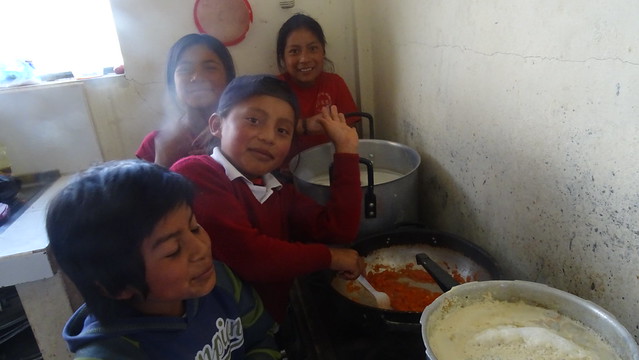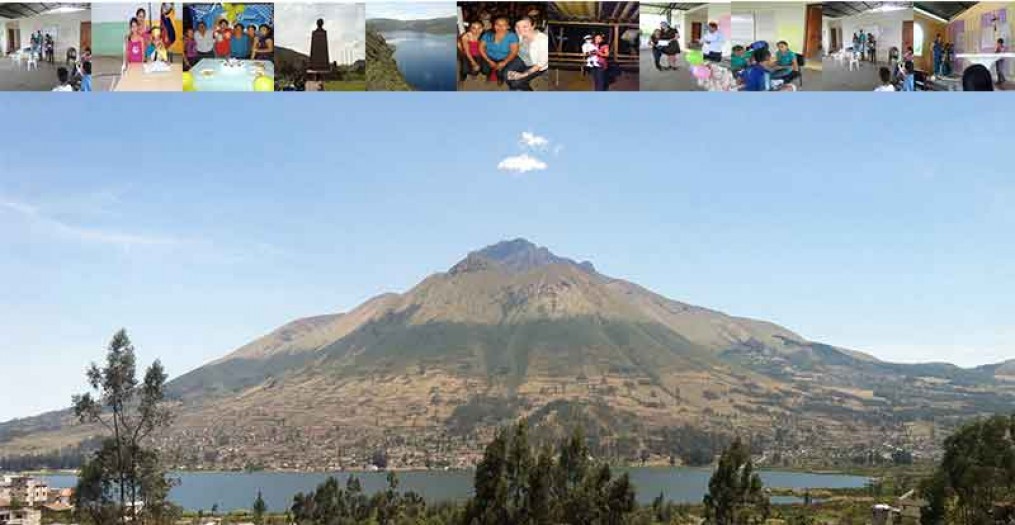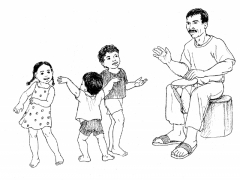Conservation and Environmental Education in the Ecuadorian Amazon
This is a guest post from RPCV Dave Goucher, founder of Conciencia Amazónica.
In the province of Morona Santiago, more than 1000 species of birds have been observed and recorded on eBird (a database managed by Cornell University), representing more than half of the total species of birds in the entire country of Ecuador. Throughout the last 50 years, on a global level, the observation of birds (known as “birding”) has become a tourism phenomenon, with the positive result of impulsing conservation of habitats to maintain and recuperate forests across the world. In Ecuador, eco-tourism has been an important source of income specifically to the Galapagos Islands, but over the last decade, adventurous tourists have made the most rural reaches of the Amazon their destinations to enjoy little explored areas.
CONCIENCIA AMAZÓNICA has made environmental education a primary goal of its foundation projects, using birding as an activity to captivate the younger generations. Almost every child in any school in the province has a family member who owns a farm, primarily used for cattle production using non-sustainable, non-environmentally friendly ancestral practices. While cattle production represents over half of the main source of income of the population, applying new methods and a new business model, model farms in San Juan Bosco are presented to demonstrate that an equilibrium between production and conservation is possible. Visits to these farms include a detailed explanation of the processes undertaken to change pastures, improve beef genetics, as well as the “produce the best” business model, all while maintaining streams clean with natural reforestation, and the resulting re-establishment of flora and fauna. A farm visit also entails observation of birds, insects, and any other creature encountered while walking the property, demonstrating first hand the abundance of biodiversity adjacent to cattle, as well as emphasizing the eco-tourism aspect of the farm, a sustainable and even profitable, alternative income generating activity.
Several videos have been produced based on resulting videos of wildlife cameras, completing the visit with the demonstration of an entire trophic chain reestablished in areas of conservation in just 10 years, including 2 natural corridors, reconnecting 2 previously isolated tracts of primary forest, to a much larger area of rainforest, allowing for repopulation of such animals as the South American Cougar (Puma concolor), the Mountain Tapir (Tapirus pinchaque), the Collared Peccary (Dicotyles tajacu), and even the rare Northern Pudu (Pudu mephistophiles).
Thanks to Jack and James Agett (RPCV, Ecuador 1966), a new Nature Preserve, Agett-Geary Nature Preserve, has been purchased, currently encompassing 2 cattle farms, forming 300 hectares (750 acres). The Nature Preserve will be legally declared a Private Reserve and Bird Sanctuary following an extensive biodiversity assessment across the vast property, which ranges in altitude 3800 ft to over 10,000 ft above sea-level; at these altitudes, we expect to observe the rare Spectacled Bear, the only bear species in South America. This area will be transformed into a large scale, model project of conservation, area of continual scientific study, and an ecotourism destination in the rural Amazon region of Ecuador.
FRIENDS OF ECUADOR has been an essential collaborator with Conciencia Amazonica; since 2020 during the pandemic, funds were raised in the US to assist isolated Amazon communities with essential food supplies, as well as seeds for producing familiar gardens. Since then, our collaborations have resulted in 6 figure annual donations for community projects, environmental education, scientific investigations, as well as the Agett-Geary Nature Preserve. Our areas of work have expanded now into 6 of the 12 counties in the Morona Santiago Province.
Conservation and Environmental Education in the Ecuadorian Amazon Read More »

